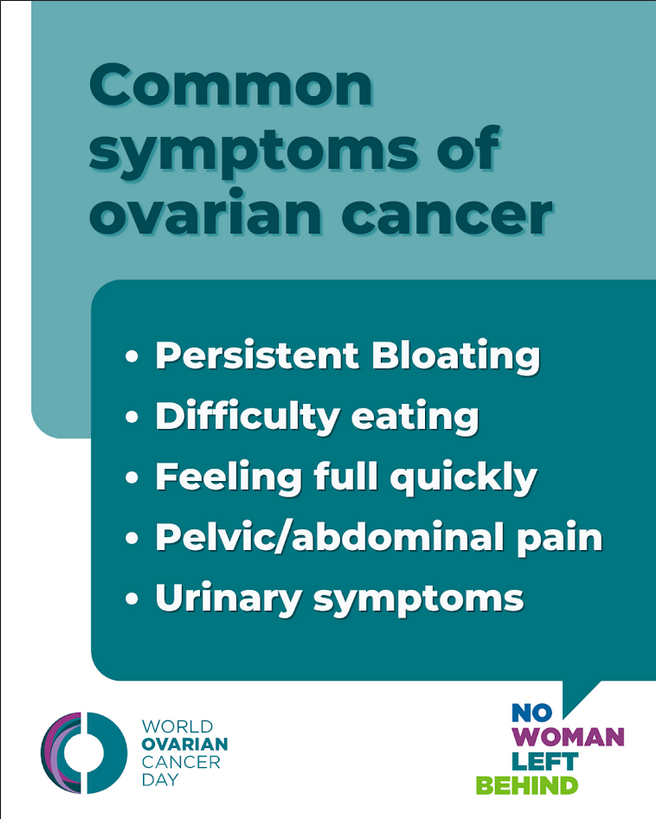“It is estimated that menopausal symptoms
affect more than 75% of women,
with over 25% of women describing severe symptoms”.1
Umbrella
What may the Menopause Symptoms Umbrella include?
Depending on the Source (DotS) this Umbrella may include:
- Climacteric Changes/Signs/Symptoms
- Menopausal/Menopause Changes/Signs/Symptoms
- Menopause Transition Changes/Signs/Symptoms
- Menopause-Related Changes/Signs/Symptoms
- Perimenopausal/Perimenopause Changes/Signs/Symptoms
Hormones
What are the three main hormones that change as we approach menopause?
In What Is Perimenopause and Menopause? Hormones and Menopause the (Australian) Jean Hailes for Women’s Health (JH) note:
- Oestrogen
- Progesterone
- Testosterone.
The change in hormone levels can lead to different menopausal symptoms”.2
Common or Not
How common are menopause symptoms?
On page one in Optimising the Menopause Transition: Joint Position Statement By the British Menopause Society, Royal College of Obstetricians and Gynaecologists and Society for Endocrinology on Best Practice Recommendations for the Care of Women Experiencing the Menopause, first published online 10 June 2022, one of the recommendations is:
“It is estimated that menopausal symptoms affect more than 75% of women, with over 25% of women describing severe symptoms”.3
First Sign
What is usually the first sign of menopause?
According to the (United Kingdom) NHS:
“The first sign of the perimenopause is usually, but not always, a change in the normal pattern of your periods, for example they become irregular”.4
Physical Symptoms
What are common menopause physical symptoms?
In Menopause: Symptoms – Common Symptoms of Menopause and Perimenopause: Physical Symptoms the NHS explain:
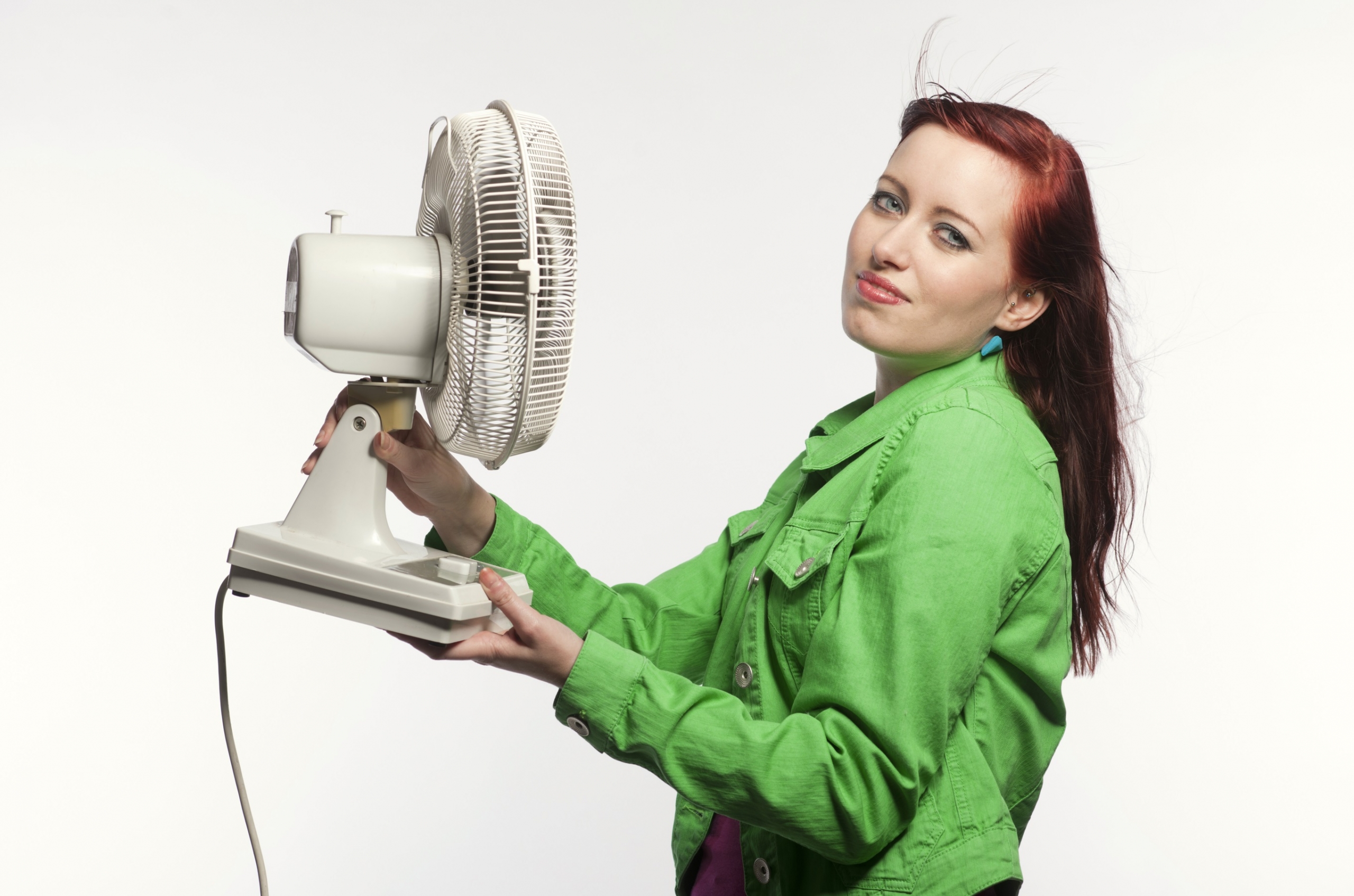 “Common physical symptoms of menopause and perimenopause include:
“Common physical symptoms of menopause and perimenopause include:
- Hot flushes, when you have sudden feelings of hot or cold in your face, neck and chest which can make you dizzy
- Difficulty sleeping, which may be a result of night sweats and make you feel tired and irritable during the day
- Palpitations, when your heartbeats suddenly become more noticeable
- Headaches and migraines that are worse than usual
- Muscle aches and joint pains
- Changed body shape and weight gain
- Skin changes including dry and itchy skin
- Reduced sex drive
- Vaginal dryness and pain, itching or discomfort during sex
- Recurrent urinary tract infections (UTIs)
- Sensitive teeth, painful gums or other mouth problems”.5
In Symptoms of Menopause: Physical Symptoms of Menopause the JH include:
- Irregular periods
- Hot flushes
- Night sweats
- Joint aches and pains
- Sore breasts
- Itchy, crawly or dry skin
- Exhaustion and fatigue
- Dry vagina
They may also include:
- Loss of sex drive (libido)
- Headache or migraine
- More intense premenstrual syndrome (PMS)
- Sleep problems
- Bloating
- Urinary problems
- Weight gain”.6
Psychological Symptoms
What are common menopause psychological symptoms?
In Symptoms of Menopause: Physical Symptoms of Menopause – Mental and Emotional Symptoms of Menopause the JH include:
- Feeling irritable or frustrated
- Feeling anxious
- Difficulty concentrating
- Brain fog
- Forgetfulness
- Lowered mood
- Mood swings
- Feeling you can’t cope as well as you used to”.7
Difference Differences
Are menopause symptoms one-size-fits-all?
No. In Symptoms of Menopause the JH elaborate on:
“Menopausal symptoms can be influenced by different things. For example, your stage of life and general health and wellbeing”.8
Duration
How long can menopause symptoms last?
In What Is Menopause? What Is Perimenopause (The Menopausal Transition) the Australasian Menopause Society (AMS) explain:
The JH note:
In Menopause: Symptoms – How Long Symptoms Last the NHS note:
For example, hot flushes and night sweats may improve, and then you may develop low mood and anxiety.
Some symptoms, such as joint pain and vaginal dryness, can carry on after your periods stop”.11
Factors
What factors impact on menopause symptoms?
The JH explain:
“Menopausal symptoms can be influenced by different things. For example, your stage of life and general health and wellbeing”.12
Conditions
What are the most common conditions that may mimic menopause symptoms?
Yes. In Diagnosing Menopause: If It’s Not Menopause, What Is It? the AMS elaborate on:
“Depression, anaemia and thyroid disorders are the most common conditions that may occur concurrently. Unstable diabetes and hyperthyroidism may cause hot flushes. Medication, such as the SSRI family of anti-depressants, may also cause hot flushes”.13
Lifestyle
Is there an association between lifestyle and menopause symptoms?
Yes. In Looking After Yourself Around the Time of Menopause the JH elaborate on:
On page one in Joint Position Statement By the British Menopause Society, Royal College of Obstetricians and Gynaecologists and Society for Endocrinology on Best Practice Recommendations for the Care of Women Experiencing the Menopause one of the recommendations is:

- “Women should be advised that implementing or maintaining a healthy lifestyle can improve menopause symptoms. A healthy diet (one low in saturated fat and salt and rich in calcium and vitamin D), stopping smoking, reducing alcohol intake and including regular exercise can be beneficial. Reducing caffeine intake may also improve symptoms”.15
Lifestyle Tips
What are some lifestyle tips which may relieve menopause symptoms?
In Menopause: Diagnosis & Treatment – Lifestyle and Home Remedies the (United States) Mayo Clinic elaborate on:
- Cool hot flashes…
- Ease vaginal pain…
- Get enough sleep…
- Find ways to relax…
- Strengthen your pelvic floor…
- Eat a balanced diet…
- Manage weight
- Don’t smoke…
- Exercise regularly…”.16
Hormone Therapy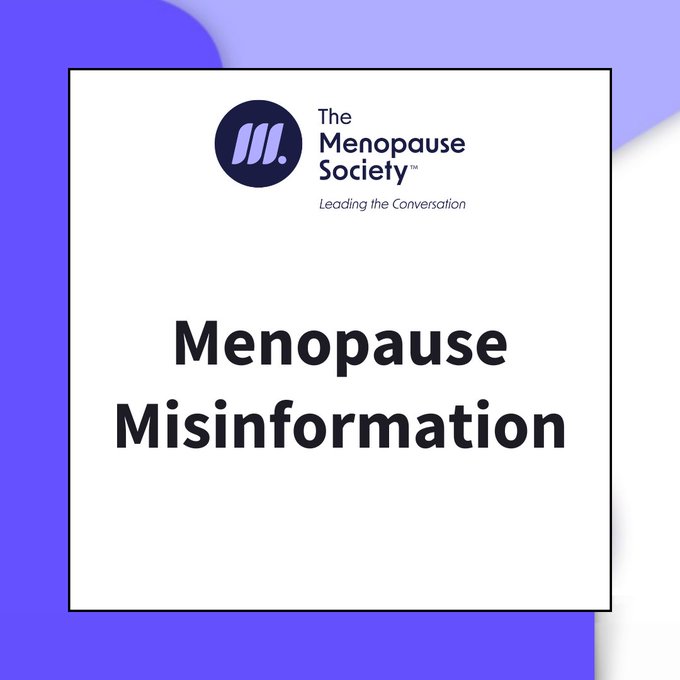
How effective is hormone therapy (HT) for the treatment of menopause symptoms?
On page one in The Menopause Society Statement on Misinformation Surrounding Hormone Therapy: Indications for the Use of Hormone Therapy, published October 2024, the Menopause Society (formerly the North American menopause Society) note:
Hormone therapy is indicated for the treatment of bothersome vasomotor symptoms,
genitourinary syndrome of menopause, primary ovarian insufficiency, and prevention of bone loss and reduction of fracture risk”.17
Health Care Provider
What if I would like help with menopause symptoms?
If you would like help with menopause symptoms, it may be in your best interest to choose to talk to your health care provider about this.
In What Is Menopause? When To See Your Doctor the JH also note:
- Irregular periods
- Heavy bleeding
- Bleeding after menopause
- Increased premenstrual syndrome (PMS) symptoms
- Menopausal symptoms, such as hot flushes, that interfere with your daily life”.18
In Menopause: Diagnosis & Treatment – Treatment the Mayo Clinic explain:
“Before deciding on any form of treatment, talk with your healthcare professional about your choices and the risks and benefits of each. Review your choices yearly. Your needs and the treatment choices may change”.19
Health Topics A-Z
Where may I find Health Topics A-Z related to Menopause Symptoms?
In Health Topics A-Z you may find:
Links
Where may I find Links related to Menopause Symptoms?
Your Country may have Links similar to:
Links
This Links List to third party websites is neither comprehensive nor exhaustive. Inclusion on this Links List does not imply endorsement or recommendation. Non-inclusion on this Links List does not imply non-endorsement or non-recommendation. Third party websites are not under the control of Meno Martha International Menopause Directory. Third party websites may contain explicit medical images and/or sexual references. Please read Meno Martha International Menopause Directory’s Links Policy before proceeding to a Link. Please contact Webmaster if you experience a problem with a Link.New or Updated
- Addressing Menopause Symptoms [29 October 2025]
- Managing Perimenopause Aches & Pain In Punjabi [20 December 2025]
- Menopause Symptoms That May Surprise You: What To Watch for During Perimenopause [05 August 2025]
- Surprising Menopause Symptoms | Dr Louise Newson Live [15 September 2025]
- Webinars: Previous – Lifestyle Medicine [14 October 2025]
- World Menopause Day 2025
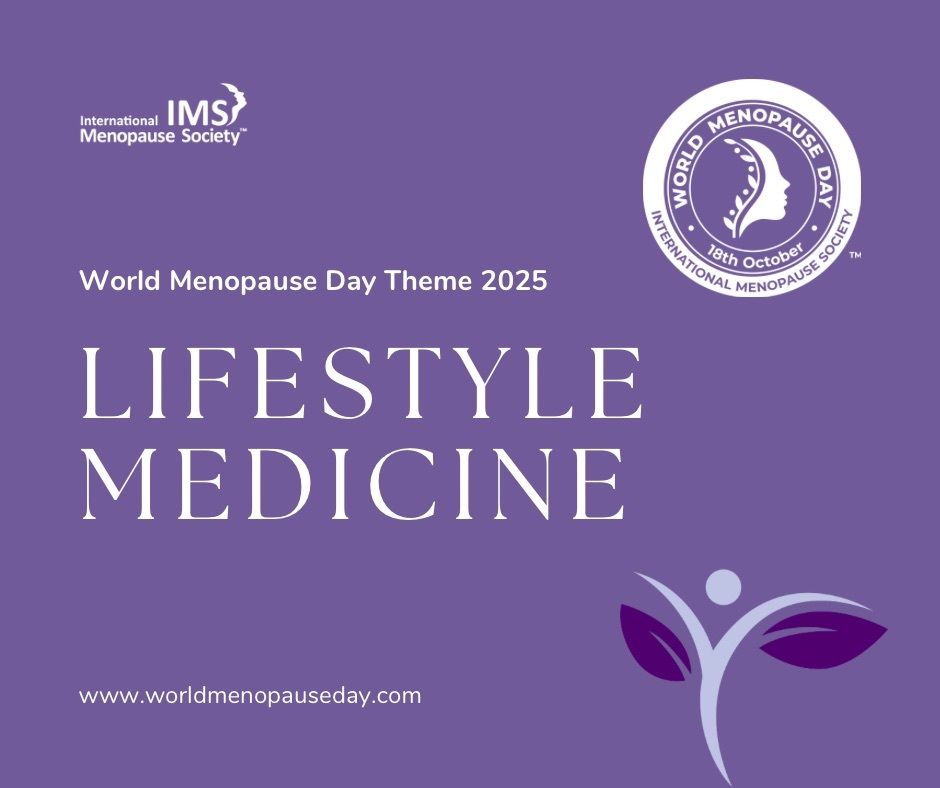
- 9 Less Common Perimenopause Symptoms and How to Manage Them
- ACOG Explains: Managing Menopause Symptoms [American College of Obstetricians and Gynecologists]
- AMS Symptom Score Card
- Addressing Menopause Symptoms
- Askearlymenopause.org [Ask EM] [+ Video: What Is Early Menopause?]
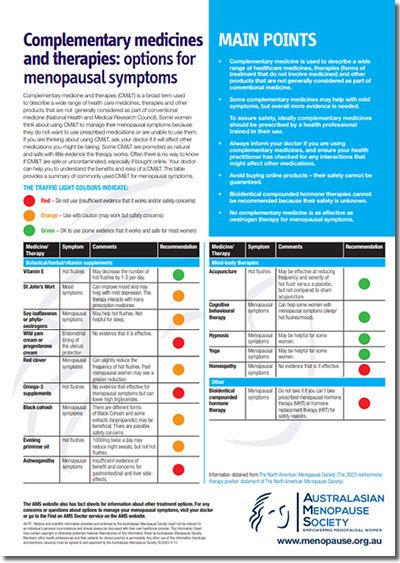 Bioidentical Hormones: Are They Safer?
Bioidentical Hormones: Are They Safer?- Cognitive Behaviour Therapy (CBT) for Menopausal Symptoms
- Complementary Medicines and Therapies for Hot Flushes
- Complementary Medicines and Therapies: Options for Menopausal Symptoms
- Consumer Video and Podcast Series: 2023 Consumer Videos and Podcasts – NAMS 2023 Nonhormone Therapies Position Statement for Bothersome Menopause Symptoms
- Consumer Video and Podcast Series: 2023 Consumer Videos and Podcasts – New FDA-Approved Nonhormone Option for the Treatment of Hot Flashes
- Consumer Video and Podcast Series: 2024 Consumer Videos and Podcasts – Cognitive Behavioral Therapy and Menopause
- Consumer Video and Podcast Series: 2024 Consumer Videos and Podcasts – Preparing for Your Menopause Healthcare Visit
- Consumer Video and Podcast Series: 2025 Consumer Videos and Podcasts – Nutrition At Menopause and Why It Is Important
- Deciding About Hormone Therapy Use
- Does Having Hot Flashes Mean I’ve Started Menopause?
- Examining the Link Between ADHD Symptoms and Menopausal Experiences
- Experts Answer Your Menopause Questions In New Video
- Find A Menopause Practitioner [United States and Other]
- Find A Practitioner [Australasian Menopause Society i.e. Australia and New Zealand]
- Find Your Nearest BMS Menopause Specialist [British Menopause Society]
- First Symptoms of Menopause
- Heavy Periods Symptom Checklist: Are My Periods Too Heavy?
- Genitourinary Syndrome of Menopause
- Genitourinary Syndrome of Menopause
- Genitourinary Syndrome of Menopause
- HRT Questions Answered
- Handling Hot Flushes and Night Sweats| Dr Louise Newson
- Hot Flashes
- How To Manage Menopausal Insomnia
- How To Manage Menopausal Symptoms
- How To Talk To Your Doctor About Heavy Periods
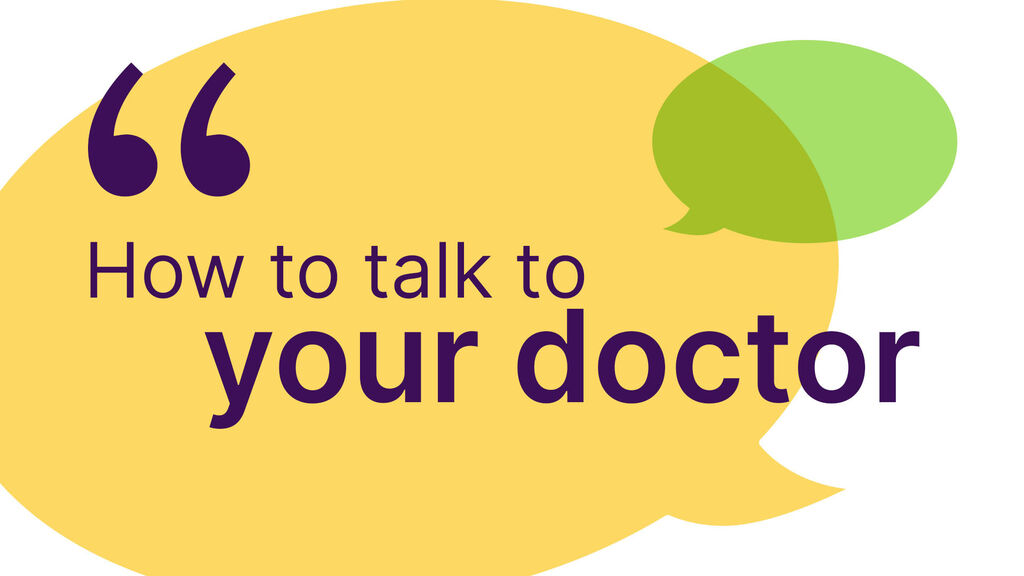
- How To Talk To Your Doctor About Menopause
- How To Talk To Your Doctor About Midlife Brain Fog
- Joint Position Statement By the British Menopause Society, Royal College of Obstetricians and Gynaecologists and Society for Endocrinology on Best Practice Recommendations for the Care of Women Experiencing the Menopause
- Later Years (Around 50 Years and Over): Menopause and Post Menopause Health – Menopause and Your Mental Wellbeing [+ Video: Menopause Only Affects You Physically!]
- Later Years (Around 50 Years and Over): Menopause and Post Menopause Health – Signs and Symptoms of Menopause [+ Video: Talking Menopause With Your GP]
- Management of Perimenopausal and Menopausal Symptoms
- Managing Menopause Symptoms [+ Video Courtesy: Mayo Clinic News Network]
- Managing Perimenopause Aches & Pain In Punjabi
- Menopause
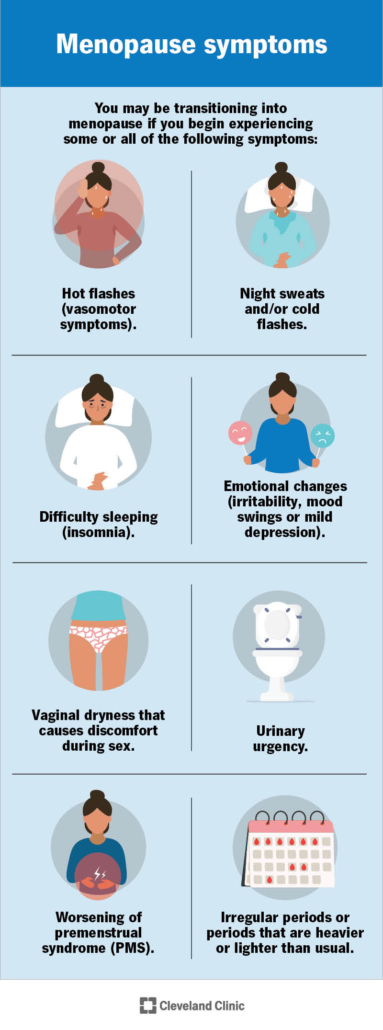
- Menopause
- Menopause
- Menopause
- Menopause
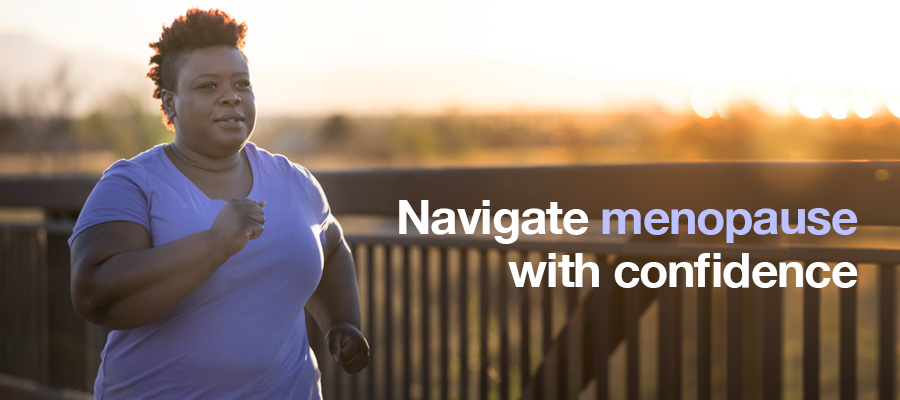
- Menopause Checklist Podcast
- Menopause Map: Downloadable Resources – My Personal Path Print Tools: Questions for Your Health Care Provider

- Menopause Map: Downloadable Resources – My Personal Path Print Tools: Symptom Tracker
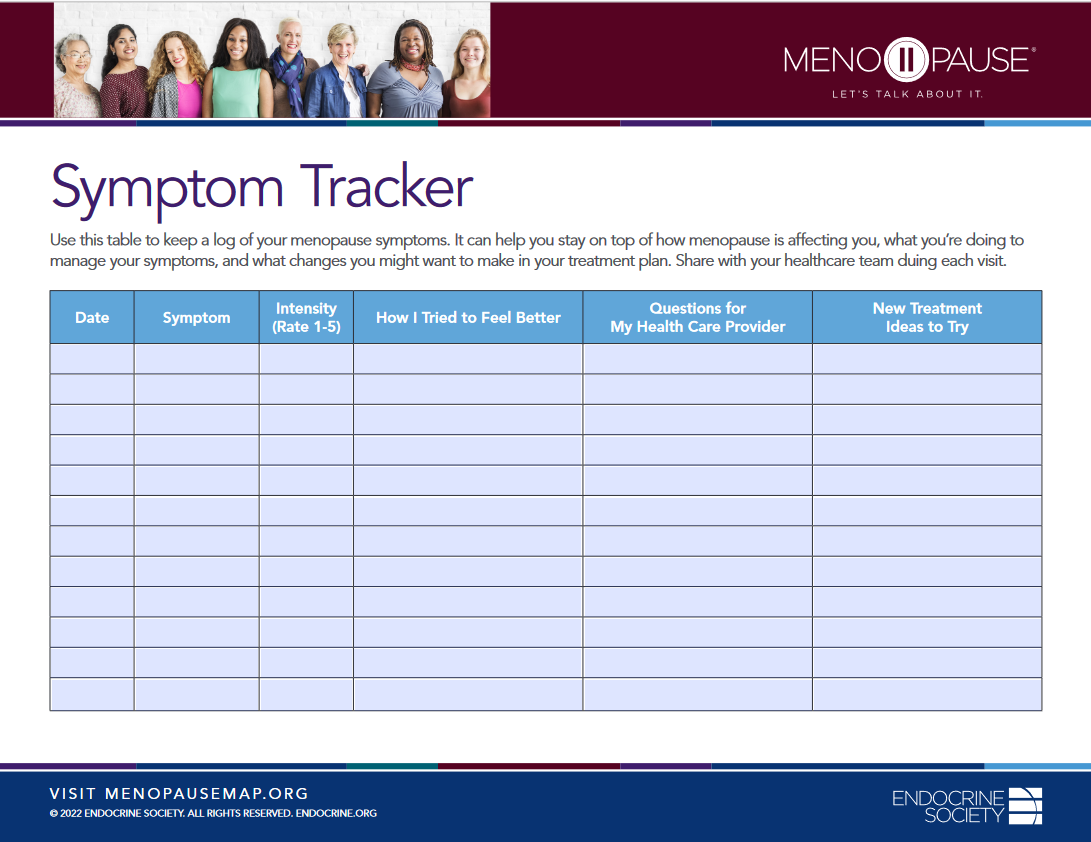
- Menopause Symptoms That May Surprise You
- Menopause Symptoms That May Surprise You: What To Watch for During Perimenopause
- Menopause and Mental Health
- Menopause: Identification and Management [NICE Guideline Published: 12 November 2015 Last Updated: 07 November 2024]

- Menopause: Identification and Management: NICE Guideline [NG23] [07 November 2024]
- Menopause: Symptoms
- Menopause: Symptoms & Causes
- Menopause: Your Choice of Language
- Menopause and Sleep
- Midlife Weight Gain
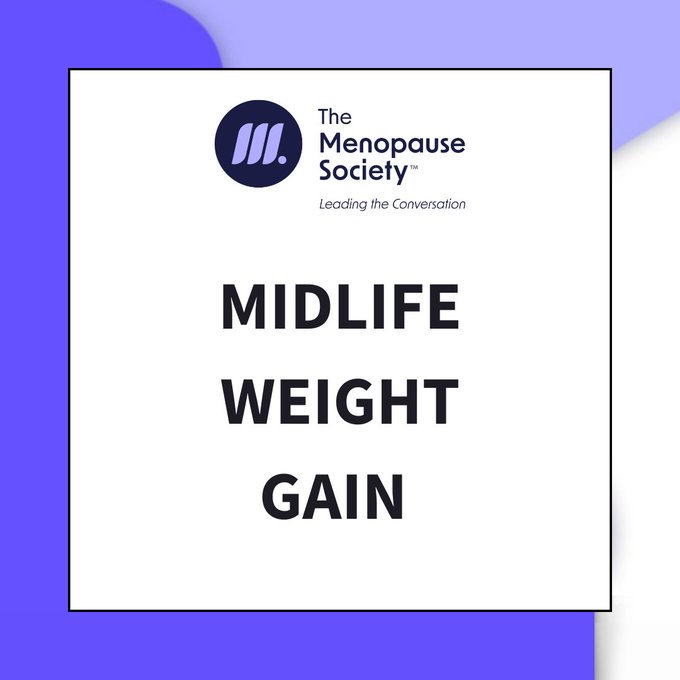
- Monitoring Menopause Symptoms
- Mood and the Menopause
- Mymenoplan.org [My Menoplan, United States]
- My Periods Have Changed. Is Menopause Around the Corner?
- National Center for Complementary and Integrative Health: Herbs At A Glance
- National Center for Complementary and Integrative Health: How Safe Is This Product or Practice?
- Navigating Menopause Care Resource Guide
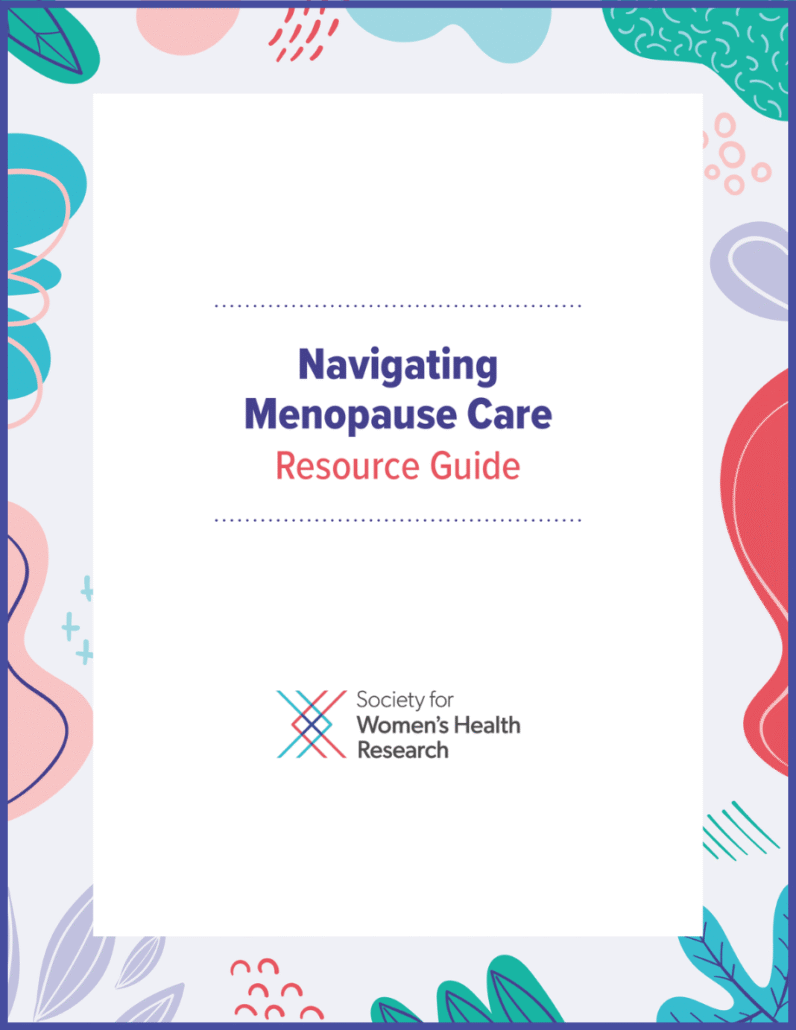
- Navigating Menopause: Honest Answers To All Your Questions [+ Video: What To Expect in Menopause]
- National Women’s Health Week [11-17 May 2025]: Navigating the Road To Menopause
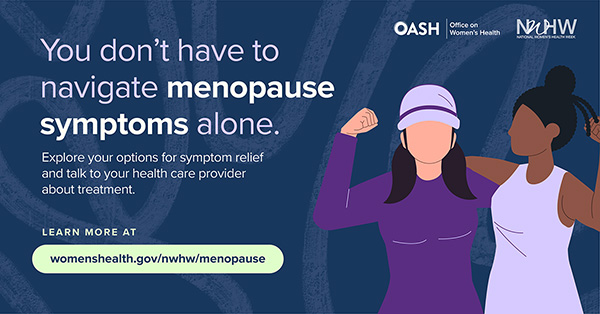
- Night Sweats
- Pausitivity – #KnowYourMenopause Poster Campaign: Menopause Do You Have Any of These Symptoms? [Multiply Languages]
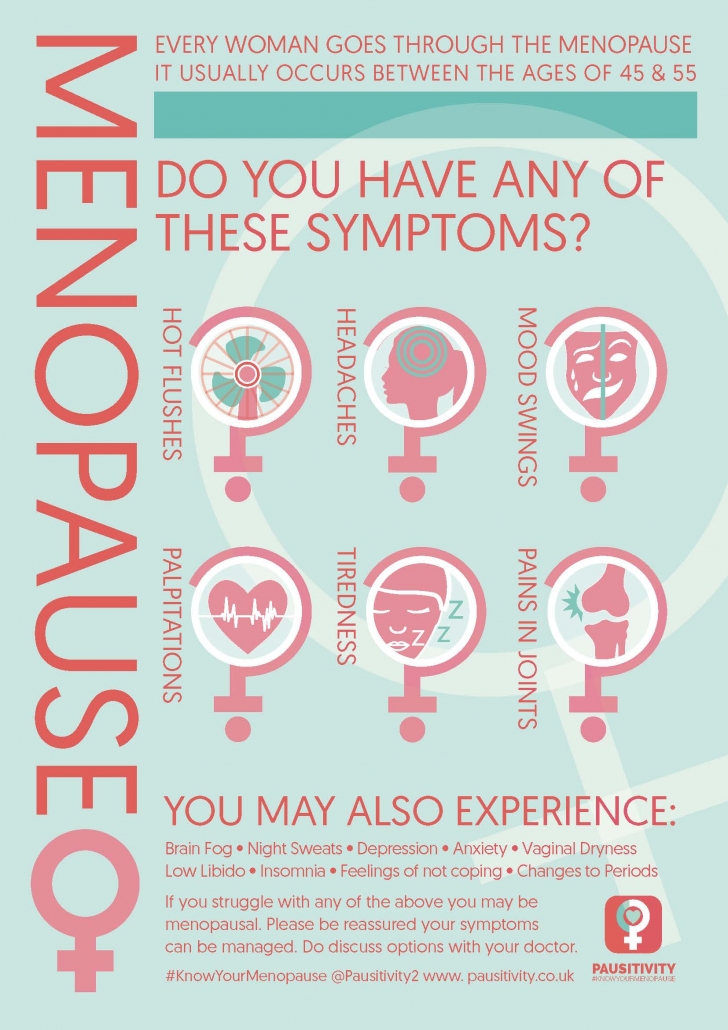
- Perimenopause
- Perimenopause
- Perimenopause and Menopause Checklist: Translated Checklists
- Perimenopause and Menopause Symptom Checklist

- Perimenopause and Menopause Toolkit
- Periods Information Hub
- Resources: Fact Sheets

- Resources: Infographics

- Resources: Posters

- Study: Perimenopausal Symptoms Are More Severe, Begin Earlier In Women With ADHD
- Supplements: What Works, What Doesn’t and the Truth About Menowashing
- Surprising Menopause Symptoms | Dr Louise Newson Live
- Surprising Menopause Symptoms Q&A | Dr Louise Newson
- Surprising Menopause Symptoms Revisited | Dr Louise Newson
- Symptoms of Menopause
- The 2023 Practitioner’s Toolkit for Managing Menopause: Management
- The Menopause Society Statement on Misinformation Surrounding Hormone Therapy [September 2024]

- Tips To Help Manage Menopause Symptoms
- Treatments for Menopause
- Videos & Podcasts: Videos – Menopause and Hormone Therapy: Current Perspectives and Controversies
- Webinars: Lifestyle Medicine
- Webinars: The Burn, the Itch, the Pain, the Urge: GSM In Women
- Webinars: The Perimenopause Journey: An Adaptive Reproductive Phase
- Webinars: Symposia – What’s Hot? Options for Treatment of Hot Flushes 2025
- What Is Perimenopause and Menopause?
- What Is the Difference Between Perimenopause, Menopause and Postmenopause?
- What To Know About Menopause and Mental Health
- When Does Perimenopause Start and How Do You Define the Beginning
- Why is Bleeding so Heavy?
- World Menopause Day 2024: Leaflet for Women – Menopause and Menopause Hormone Therapy [Multiply Languages]
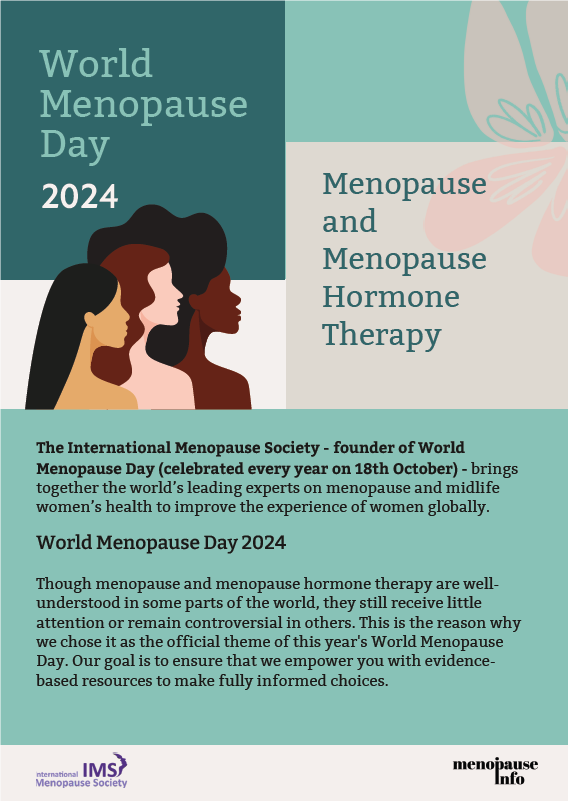
- World Menopause Day 2025

Source
Where may I find the Sources quoted?
You may find the Sources quoted at:
Sources
- Hamoda, H., Mukherjee, A., Morris, E., Baldeweg, S. E., Jayasena, C. N., Briggs, P., Moger, S. Optimising the Menopause Transition: Joint Position Statement By the British Menopause Society, Royal College of Obstetricians and Gynaecologists and Society for Endocrinology on Best Practice Recommendations for the Care of Women Experiencing the Menopause. First Published Online 10 June 2022:1 https://journals.sagepub.com/doi/10.1177/20533691221104882 Accessed: 15 August 2025
- What Is Perimenopause and Menopause? Hormones and Menopause. Last Updated: 04 August 2025 | Last Reviewed: 22 April 2025. Jean Hailes for Women’s Health https://www.jeanhailes.org.au/health-a-z/menopause/about-menopause Accessed: 15 August 2025
- Hamoda, H., Mukherjee, A., Morris, E., Baldeweg, S. E., Jayasena, C. N., Briggs, P., Moger, S. Optimising the Menopause Transition: Joint Position Statement By the British Menopause Society, Royal College of Obstetricians and Gynaecologists and Society for Endocrinology on Best Practice Recommendations for the Care of Women Experiencing the Menopause. First Published Online 10 June 2022:1 https://journals.sagepub.com/doi/10.1177/20533691221104882 Accessed: 15 August 2025
- Menopause: Symptoms – Common Symptoms of Menopause and Perimenopause: Changes To Your Periods. Page Last Reviewed: 17 May 2022. NHS https://www.nhs.uk/conditions/menopause/symptoms/#changes-to-your-periods Accessed: 15 August 2025
- Menopause: Symptoms – Common Symptoms of Menopause and Perimenopause: Physical Symptoms. Page Last Reviewed: 17 May 2022. NHS https://www.nhs.uk/conditions/menopause/symptoms/#changes-to-your-periods Accessed: 15 August 2025
- Symptoms of Menopause. Physical and Emotional Symptoms – Physical Symptoms. Last Updated: 06 May 2025 | Last Reviewed: 23 April 2025. Jean Hailes for Women’s Health https://www.jeanhailes.org.au/health-a-z/menopause/menopause-symptoms Accessed: 15 August 2025
- Symptoms of Menopause. Physical and Emotional Symptoms – Psychological and Emotional Symptoms. Last Updated: 06 May 2025 | Last Reviewed: 23 April 2025. Jean Hailes for Women’s Health https://www.jeanhailes.org.au/health-a-z/menopause/menopause-symptoms Accessed: 15 August 2025
- Symptoms of Menopause. Last Updated: 06 May 2025 | Last Reviewed: 23 April 2025. Jean Hailes for Women’s Health https://www.jeanhailes.org.au/health-a-z/menopause/menopause-symptoms Accessed: 15 August 2025
- What Is Menopause? Key Points. Content Created May 2022. Australasian Menopause Society https://www.menopause.org.au/hp/information-sheets/185-what-is-menopause Accessed: 15 August 2025
- Treatments for Menopause: Menopausal Hormone Therapy (MHT) – How Long Do You Need To Take MHT? Last Updated: 13 May 2025 | Last Reviewed: 22 April 2025. Jean Hailes for Women’s Health https://www.jeanhailes.org.au/health-a-z/menopause/menopause-management Accessed: 15 August 2025
- Menopause: Symptoms – How Long Symptoms Last. Page Last Reviewed: 17 May 2022. NHS https://www.nhs.uk/conditions/menopause/symptoms/#changes-to-your-periods Accessed: 15 August 2025
- Symptoms of Menopause. Last Updated: 06 May 2025 | Last Reviewed: 23 April 2025. Jean Hailes for Women’s Health https://www.jeanhailes.org.au/health-a-z/menopause/menopause-symptoms Accessed: 15 August 2025
- Diagnosing Menopause: If It’s Not Menopause, What Is It? Content Created 23 May 2022. Australasian Menopause Society https://hub.menopause.org.au/Play?pId=f769710e-20f5-4bcf-886a-1fa27d97254e Accessed: 15 August 2025
- Looking After Yourself Around the Time of Menopause. Last Updated: 26 May 2025 | Last Reviewed: 19 March 2025. Jean Hailes for Women’s Health https://www.jeanhailes.org.au/health-a-z/menopause/looking-after-yourself Accessed: 15 August 2025
- Hamoda, H, Mukherjee, A, Morris, E, Baldeweg, S. E., Jayasena, C. N., Briggs, P, Moger, S. Joint Position Statement By the British Menopause Society, Royal College of Obstetricians and Gynaecologists and Society for Endocrinology on Best Practice Recommendations for the Care of Women Experiencing the Menopause. First Published Online 10 June 2022 https://journals.sagepub.com/doi/full/10.1177/20533691221104879 Accessed: 15 August 2025
- Menopause: Diagnosis & Treatment – Lifestyle and Home Remedies. 07 August 2024. Mayo Clinic https://www.mayoclinic.org/diseases-conditions/menopause/diagnosis-treatment/drc-20353401 Accessed: 15 August 2025
- The Menopause Society Statement on Misinformation Surrounding Hormone Therapy: Indications for the Use of Hormone Therapy. 2024:1. Menopause Society https://menopause.org/wp-content/uploads/2024/09/TMS-statement-on-HT-Misinformation.pdf Accessed: 15 August 2025
- What Is Perimenopause and Menopause? When To See Your Doctor. Last Updated: 04 August 2025 | Last Reviewed: 22 April 2025. Jean Hailes for Women’s Health https://www.jeanhailes.org.au/health-a-z/menopause/about-menopause#when-to-see-your-doctor Accessed: 15 August 2025
- Menopause: Diagnosis & Treatment – Treatment. 07 August 2024. Mayo Clinic https://www.mayoclinic.org/diseases-conditions/menopause/diagnosis-treatment/drc-20353401 Accessed: 15 August 2025





